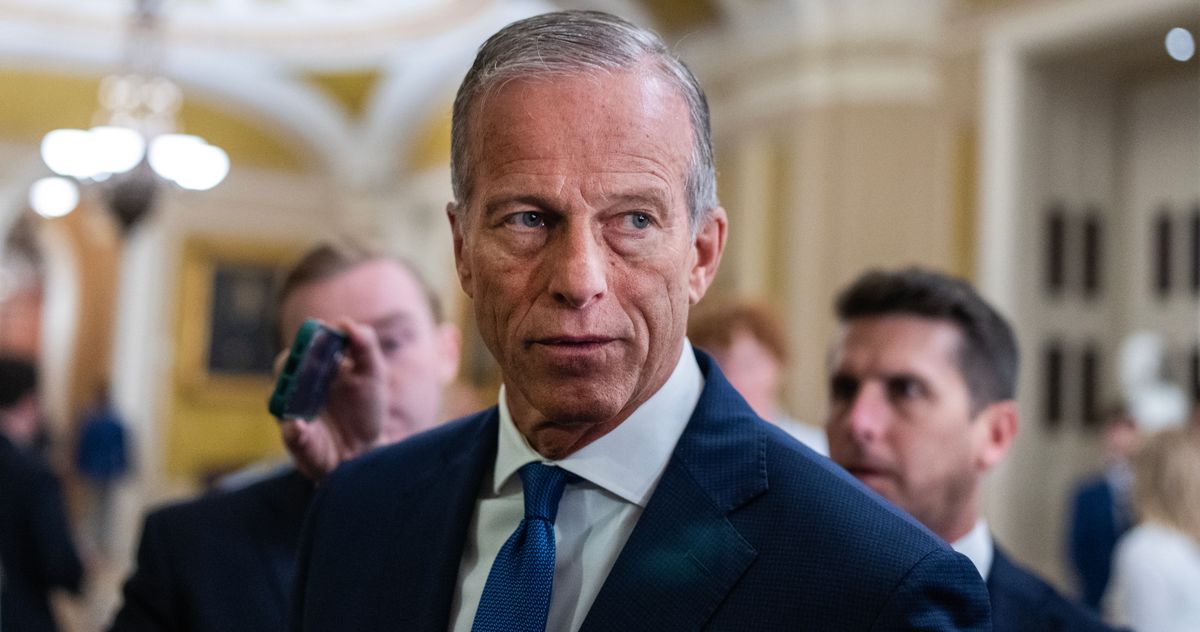
"The Founders created the Senate to restrain popular control over policy-making, valuing long debates and individual senators' independence from party leadership, yet these traditions are eroding."
"Partisan polarization and pressures from lobbyists and the White House have transformed senators into vulnerable actors, compromising their roles and diminishing Senate traditions."
"The current Republican-controlled Congress exemplifies a shift towards centralizing power, as seen with the One Big Beautiful Bill Act, reflecting a significant change in Senate operations."
"Senators historically viewed their House counterparts with disdain, but the erosion of traditional Senate autonomy has led to similarities in both chambers' operations."
The Senate was established by the Founders to limit popular control over policy-making, characterized by lengthy debates and unique self-regard among senators. However, traditions have been weakening, with recent trends showing increasing partisan polarization and the influence of lobbyists and executive power. Senators often perceive their House colleagues as lesser, but both chambers have started to function similarly. The Republican-controlled 119th Congress, driven by presidential influence, signifies a potential transformation of the Senate, highlighted by legislation like the One Big Beautiful Bill Act, which centralizes authority significantly.
Read at Intelligencer
Unable to calculate read time
Collection
[
|
...
]